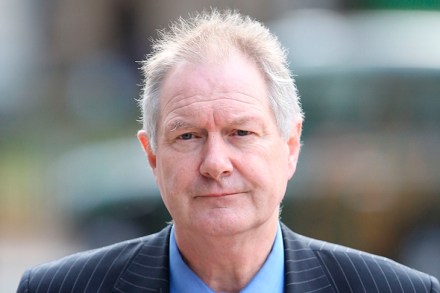There is no justification for supporting the IRA
Roy Greenslade held a number of prominent positions in Fleet Street over the course of a long career. But he spent the largest part of it at the Guardian, where he berated other journalists for their writings. A similar stance was adopted by him from his position as professor of journalism at City, University of London, from where he lectured students on media ethics and gave evidence to the Leveson Inquiry. At the same time he became slightly notorious outside of Islington for his support of the IRA. Whenever Gerry Adams had something self-pitying or self–exculpating to say, Roy was there as his loyal mouthpiece. In 2000 this magazine ran




















